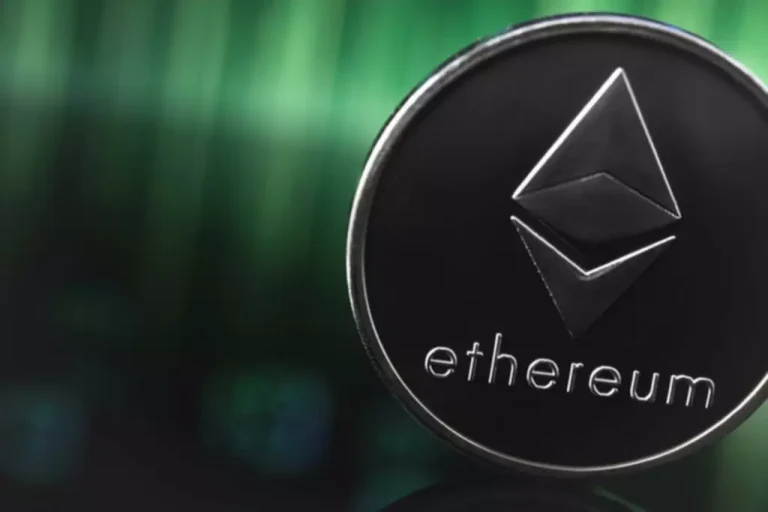This necessitates a careful and knowledgeable strategy, emphasizing the importance of due diligence, monetary experience, and a clear understanding of the complexities concerned. Over the Counter options, when wielded judiciously, provide a potent means of reaching specific monetary objectives. Ans – The change traded derivatives majorly comprise futures and options. Unlike over the counter derivatives, these contracts promote transparency by providing market-based pricing info. Furthermore, it increases liquidity and reduces flexibility and probabilities of negotiation. Exchange-traded derivatives supply greater liquidity, decrease counterparty danger, and regulatory oversight, but they come with limited customization choices.
Trades are conducted via telephone, e-mail, or electronic networks quite than by way of a centralized exchange. Here, one celebration transfers the credit threat to another with none underlying asset change. Credit Default Swap (CDS) and Credit Linked Notes (CLNs) are examples of OTC trading in credit score derivatives. In foreign exchange derivatives, the underlying property are changes in overseas change rates. Exchange-traded derivatives are topic to stringent regulatory oversight, as exchanges operate underneath regulatory frameworks to make sure fair and clear buying and selling. Counterparty risk refers again to the threat that the opposite party in a spinoff contract might default on their obligations.
How Does The Otc Market Work?
Buyers and sellers find one another via this community, creating a more personalized buying and selling experience. Derivatives are outlined as the sort of security in which the price of the safety depends/is derived from the worth of the underlying asset. The commonest underlying belongings include stocks, bonds, commodities, currencies, rates of interest and market indexes.
Accessing OTC markets could require a better degree of economic sophistication and access to specific buying and selling platforms or intermediaries. OTC derivatives, on the opposite hand, could contain larger transaction prices as a end result of wider bid-ask spreads, negotiation costs, and potentially greater authorized and operational expenses. Exchange-traded derivatives usually have lower transaction prices compared to OTC derivatives. The presence of a centralised exchange offers a level of transparency and regulatory control, promoting market integrity. These regulations include requirements for market surveillance, disclosure of commerce information, and standardised reporting. Without the centralised change infrastructure, finding a counterparty with the specified terms and situations can be tougher.
The Distinction Between Change Traded Derivatives And Otc Derivatives Are:
They provide an avenue for these corporations, which can not meet the stringent itemizing necessities of bigger exchanges, to commerce their shares and attract investment. The OTC market offers a vital platform for smaller and rising firms to boost capital. These companies, often unable to fulfill the strict itemizing requirements of main exchanges, find a useful opportunity in the OTC market to trade their shares and secure investment. For instance, a brand new pharmaceutical company might commerce its shares on the OTC market. Without meeting stringent itemizing requirements of larger exchanges, it may possibly nonetheless increase capital by selling shares at, say, ₹30 each to interested buyers, enhancing its monetary flexibility.

Over-the-counter derivatives may be modified to precisely meet every participant’s risk and return standards. Because there is no clearing company, this sort of by-product offers freedom but additionally poses a credit danger. The over-the-counter market, popularly generally identified as the OTC market, trades securities not listed on the most important exchanges. In an OTC market, dealers quote costs for purchasing and selling a foreign money, security, and other financial products, thereby appearing as market-makers. Here, a trade can be very properly executed between two members the place none is conversant in the transaction value. Besides, it’s also subject to much fewer rules, thereby bringing liquidity at a premium.
How Do Otc Derivatives Work?
Counterparty risk arises from the potential default or financial instability of the parties concerned within the contract. Additionally, the complexity of OTC derivatives requires a deep understanding of the underlying property and market dynamics. Proper risk management and due diligence are essential when coping otc meaning with OTC derivatives. In conclusion, Over the Counter (OTC) choices function a powerful device for people and entities seeking tailored options for danger management and investment methods.

All OTC derivatives are negotiated between a dealer and the tip user or between two dealers. Inter-dealer brokers (IDBs) additionally play an necessary function in OTC derivatives by serving to sellers (and sometimes finish users) establish willing counterparties and examine different bids and provides. OTC stocks often have low trading volume, much less liquidity, bigger spreads, and little publicly out there info compared to their exchange-traded friends. Thus, it turns them into unstable investments which are fairly speculative in nature. Options and Futures are an instance of OTC trading in fairness derivatives.
What Is The Distinction Between Otc And Cfds?
When listed options do not fulfil their wants, investors flip to OTC options. Many buyers are drawn to these options due to their versatility. Because strike costs and expiration dates aren’t standardized, players principally create their very own terms, and there is no secondary market. In OTC markets, traders are significantly exposed to the chance of default by their counterparties. As there isn’t any centralised clearinghouse, merchants should rely on the creditworthiness of their counterparties.

While OTC markets are nonetheless topic to sure rules, the level of oversight and transparency is generally decrease compared to exchange-traded markets. Liquidity is a vital issue to assume about when choosing between exchange-traded and OTC derivatives. Exchange markets usually have greater liquidity due to their standardised nature, regulated buying and selling platforms, and the presence of a quantity of market members. Hedge means taking an opposite position in a security https://www.xcritical.in/ or funding to steadiness out the price risk of an current commerce. Stocks, bonds, interest rates, currencies, commodities, and plenty of different investments may be protected towards unfavourable worth changes. A forex derivative is a futures or options contract that requires you to commerce a selected quantity of a selected currency pair at a future date.
At the identical time, certain corporations would possibly select to remain unlisted on the OTC market. It’s mainly as a outcome of they are either nervous about paying the itemizing fees or are subject to the reporting necessities of an trade. OTC which means Over The Counter options are financial derivatives traded directly between parties, outside formal exchanges.
This can outcome in a shortage of dependable details about the traded corporations, making funding choices tougher and riskier. Derivative contracts are signed instantly between the events with out the involvement of any inventory market platforms or different middlemen. These are generally identified as unlisted shares, the place brokers and sellers trade securities over-the-counter. It provides larger flexibility as a result of the terms and circumstances are open for negotiation and customization among the parties. They are standardised monetary contracts listed and traded on regulated exchanges.
- Furthermore, it increases liquidity and reduces flexibility and chances of negotiation.
- Because there is not any clearing corporation, this kind of by-product provides freedom but additionally poses a credit risk.
- They derive their value from an underlying asset and contain contracts between two parties.
- Certain OTC markets may need restricted liquidity and include a considerably low buying and selling volume.
It’s because companies incapable of buying and selling on formal exchanges can entry capital via over-the-counter markets. The change shares normally have a considerably decrease trading quantity and greater spreads between the bid and ask costs. Besides, the publicly out there information relating to the financials of the related company can be quite much less. Thus, it is imperative for buyers to remain comfortable with the speculative nature of investing in this market.
Over-the-counter Market In India – Fast Summary
Participants can reach their goal place more accurately and cost-effectively because of this flexibility. You should clearly keep in thoughts that buying and selling within the OTC market is clearly not meant for everyone. Even although it may appear unpredictable and unstable, well-versed buyers can easily sail by way of. However, it’s always really helpful to double-check and be positive that your investments are in secure hands. An OTC market is less regulated in comparison with the exchange-traded markets.

Speak Your Mind